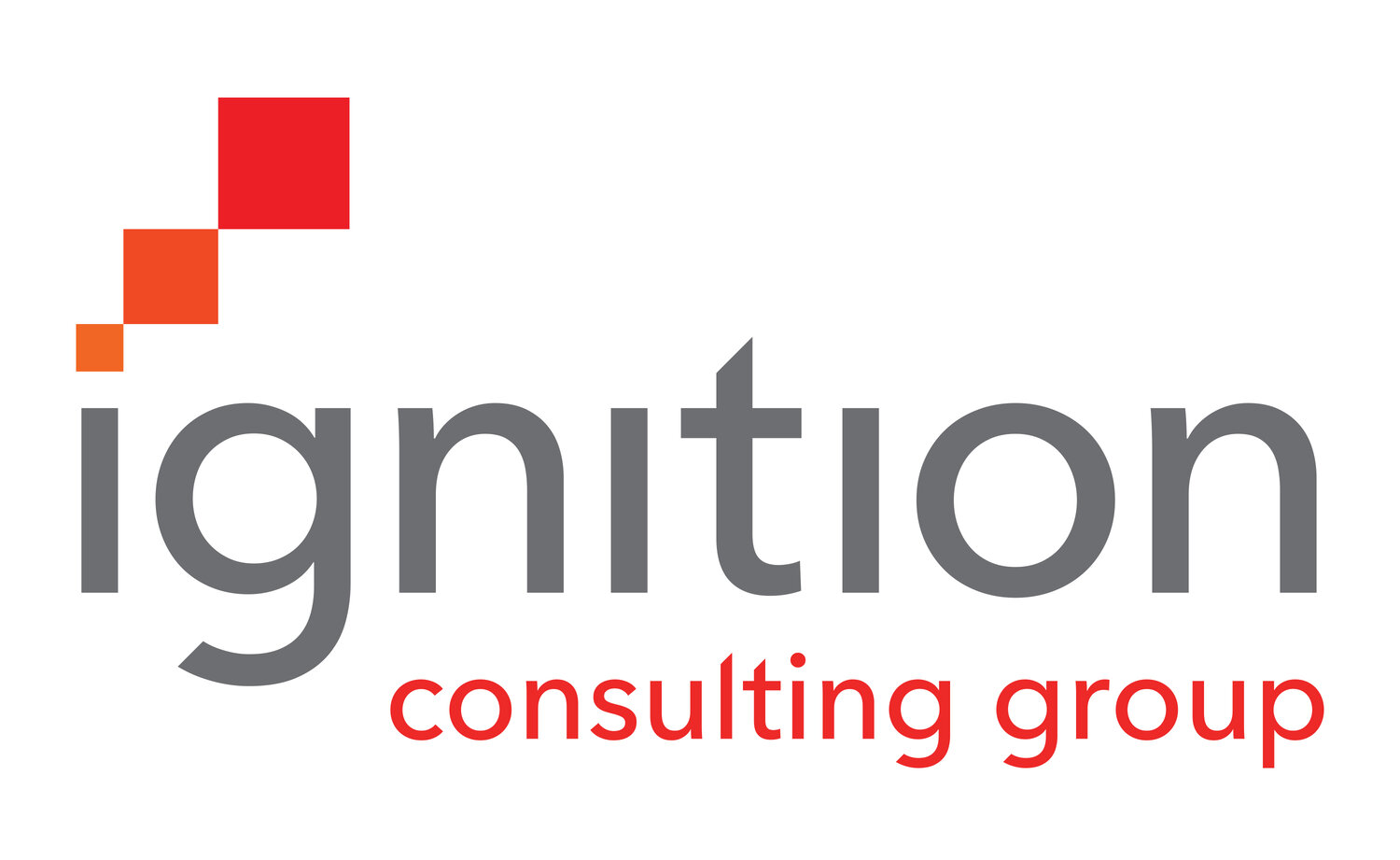Why Your Clients Want You to Change Your Pricing
By Tim Williams
It’s clear that agencies can benefit substantially from changing their revenue model. Those who have made the decision to bury the billable hour and move to modern pricing approaches turn in year-end profits that are often double the industry average.
On the client side, smart marketers realize that a healthy agency ecosystem is good for the entire industry. The money spent by brands on marketing will have a much stronger impact in the marketplace if their agency partners are staffed with bright, innovative people — well-paid professionals who are capable of creating exponential value for their clients.
Unwitting architects
The unfortunate truth is that many client organizations, in a relentless drive to achieve cost savings, have played a considerable role in creating the hollowed-out agency organizations that exist in many places today.
To be clear, marketers aren’t the primary cause of this dilemma; agencies are masters of their own fate. The decline in the financial health of agencies is well-documented in the book “Madison Avenue Manslaughter” by Michael Farmer, and I won’t attempt to reiterate his conclusions here. The central point is that agencies are the unwitting architects of their own decline, owing to a confounding mix of hubris on one hand and a colossal lack of self confidence on the other.
Especially among the consultant class, agency bashing is fashionable, and industry observers are famous for continuing to proclaim that the agency business model is broken. When insiders and outsiders alike preach “reinvention,” most of the prescriptions miss the essential point that what is broken first and foremost is the agency revenue model. If the firm has an inadequate, ineffective system for capturing the value it creates, almost nothing else matters. As the late great Stephen R. Covey once said, “No margin, no mission.”
Don’t pay us more, pay us differently
Which circles back to the question of client attitudes about agency compensation. Clients certainly don’t want to pay you more, but they don’t mind paying you differently. In fact, many clients feel that a different compensation approach might help repair the eroding levels of trust in agency-client relationships.
In the current dominant system (hourly billing), there is an absolute misalignment of incentives. What the agency wants more of (hours), the client wants less of. But if you take hours off the table, you can have a completely different conversation with your clients — current and prospective.
For brands that have been trapped on the mental treadwheel of time-based compensation systems, remind them of the significant client-side benefits of a modern approach to pricing:
It aligns priorities. When professional service firms are paid for solutions to problems instead of hours recorded on a timesheet, clients can be assured their business partners have all the right economic incentives.
It keeps both parties focused on effectiveness. When clients pay for outputs or outcomes instead of inputs, teams are motivated to deploy their expertise to solve problems quickly and effectively, not log lots of hours on a timesheet.
It creates a bias for action. When client organizations “rent people” by paying for their time, teams are mostly worried about staying busy with “billable work.” When clients instead pay for actual deliverables or results, the firm turns its attention to work delivered in place of hours spent.
It improves accountability and workflow management. Instead of tracking recorded time, value-driven firms are instead tracking milestones and promised delivery dates. It enhances levels of trust.
It replaces reactive behavior with proactive thinking. Firms that bill for inputs are often in the habit of reacting to what clients want rather than helping clients determine what they actually need. They fill the order, bill the hours, and move onto the next project. Firms that charge for problems solved instead of hours worked work much harder to provide the critical thinking designed to make sure their clients are doing the right thing in the first place.
It creates an incentive to engage the best talent. In the hourly rate system, teams are perpetually worried about staying “within estimate” and fret about having to justify hours to their clients, so instead of engaging the help of senior talent who are best suited to solve a problem, they assign less expensive, less effective junior talent. Not so when the goal is to solve the problem as quickly and effectively as possible.
Good service isn’t what builds great brands
In the current system, agencies dutifully fulfill scopes of work, but they generally don’t exhibit the behavior clients desperately desire: proactive problem solving. Clients view agencies as mostly reactive; they provide good service for the most part, but good service isn’t what builds great brands.
Because of the time-based billing system, agencies are constantly playing defense. In compensation discussions, agency principals often say “We just want to cover our costs,” which exhibits a meaningful lack of self confidence.
Imagine instead that an agency leader first quotes a healthy fixed price for a proven agency program, backed by a professional service guarantee. This is what happens in agencies who have joined the pricing revolution, and today’s clients are happy to help lead the charge.



